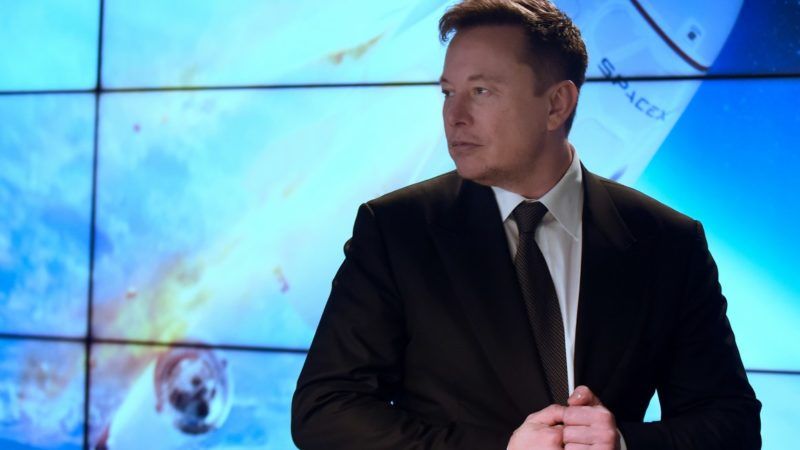Elon Musk Donates Breathing Machines to Hospitals and the Media Pounces
No, they’re not frontline ventilators. Yes, they’re useful.

"Elon Musk's promised ventilators never delivered to hospitals, governor's office says." So proclaimed the CNN headline this morning, alongside a piece criticizing the SpaceX and Tesla CEO for allegedly not following through on his promises to provide more than 1,000 ventilators to California hospitals.
Is that the truth? Not entirely.
CNN got the story from a Sacramento Bee editorial, which states that the office of California Gov. Gavin Newsom has said no hospital had reported to them that it had received any ventilators from Musk. That doesn't mean Musk never sent them; it means the governor's office wasn't informed that these hospitals had received anything. Musk has responded on Twitter to CNN with messages from hospitals and medical centers (and not just in California) appreciating the donation of ventilators and showed documentation of where the ventilators have gone.
Reason reached out to one of the institutions referenced in Musk's tweets, Mammoth Hospital in Mammoth Lakes, California. A spokesperson for the hospital confirmed that Musk and Tesla sent them 10 units, but added that they aren't primary ventilators. These are BiPAP units. (The acronym stands for "bilevel positive airway pressure.") It's a type of ventilator that can help with breathing, but it's not as intrusive (or as useful) as the ventilators that are being brought to bear for the most dire of COVID-19 cases. The Mammoth Hospital representative said that the hospital is currently working to convert the BiPAP units for use with their primary ventilators, and that it is continuing to look for additional ventilators.
There are medical concerns that BiPAP units can introduce additional problems being adapted for use in this context, including possibly aerosolizing and spreading the coronavirus when patients breathe out. Some medical innovators are using 3D printing to make parts to allow the BiPAP machines to be adapted for more invasive uses.
They're not a perfect solution to a ventilator shortage, but they're not nothing. The Food and Drug Administration's emergency guidance published in March specifically permits BiPAP machines to be adapted to assist people with COVID-19 who need help breathing, as long as the adaptations mitigate the concerns of aerosolization.
The Sacramento Bee's editorial notes Musk's donations of BiPAP machines elsewhere, in New York and other countries, as a point of criticism because they're not as good or as expensive as full ventilators. These machines cost $800 apiece instead of $50,000. But they can be useful when adapted and used carefully!
That isn't the only outlet criticizing Musk for donating these machines. The Week cites NPR's report on how similar ventilators in a nursing home in Washington state actually contributed to the spread of coronavirus, using it to argue that Musk might actually end up making things worse. But this lumps the BiPAP machines together with CPAPs, a different though similar machine. As NPR reports, the BiPAP machines can more readily be adapted to incorporate a breathing tube, which would keep the patient from breathing out the coronavirus and possibly infecting others.
BiPAP machines are not a replacement for primary ventilators, but they aren't nothing. Whatever Musk's flaws, these donations don't number among them.


Show Comments (40)